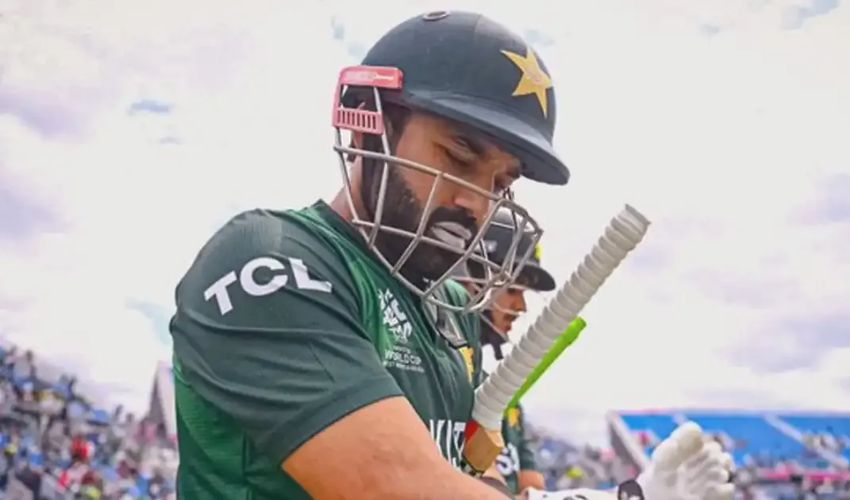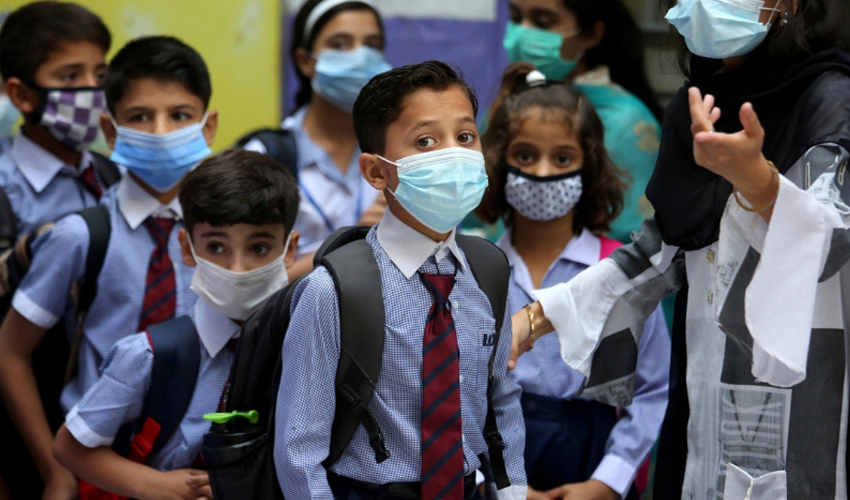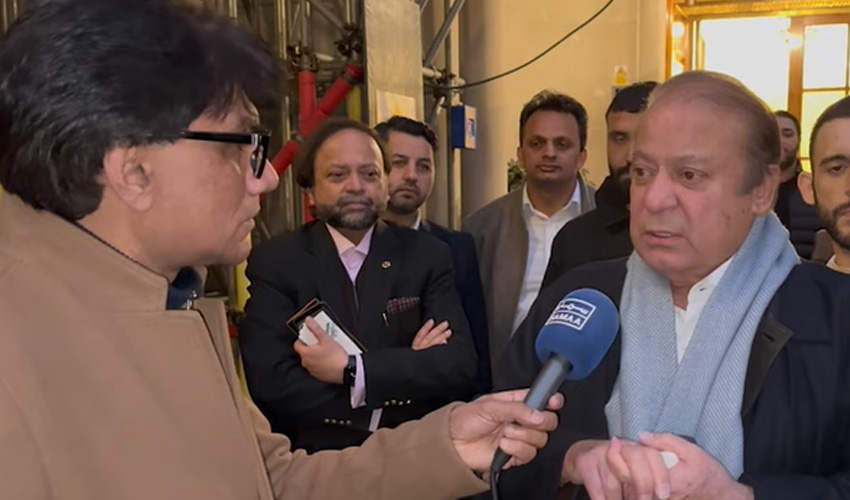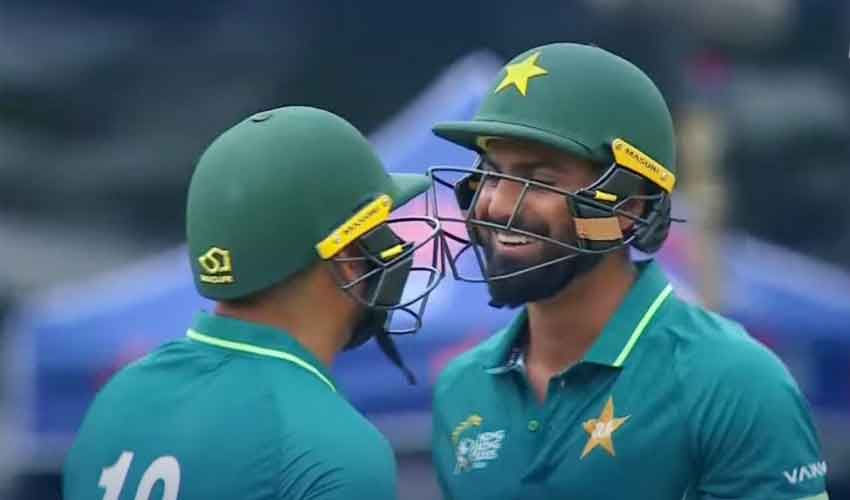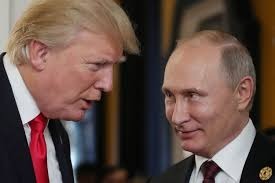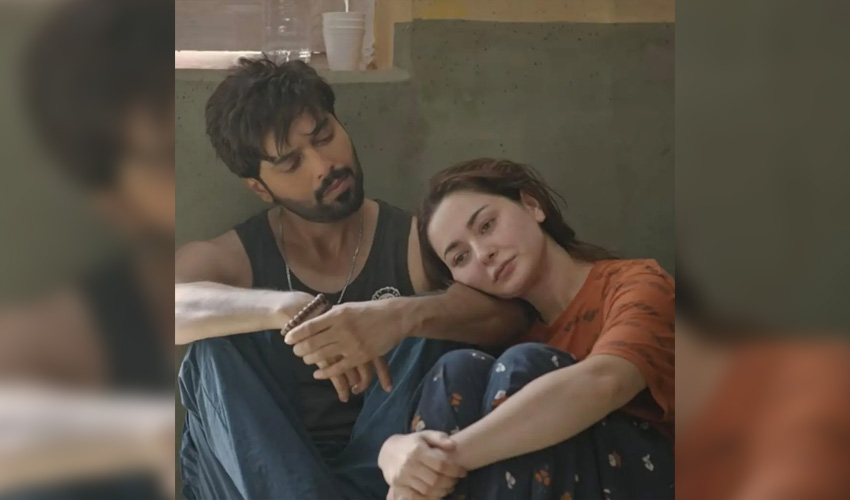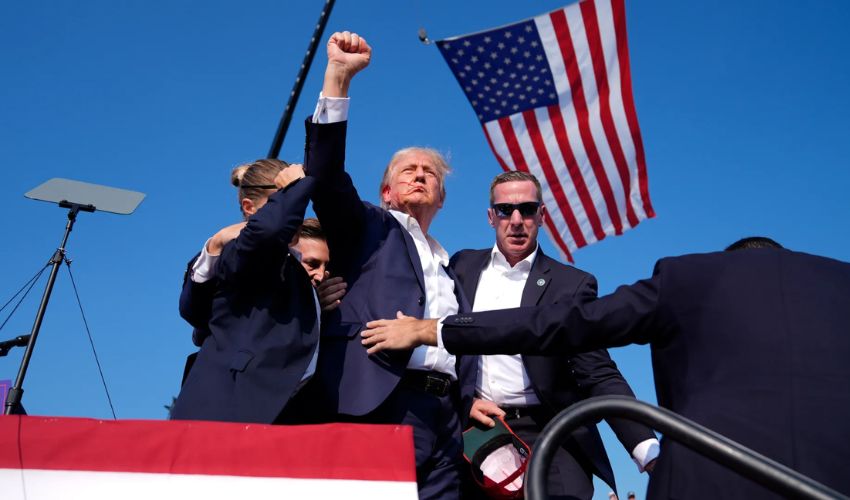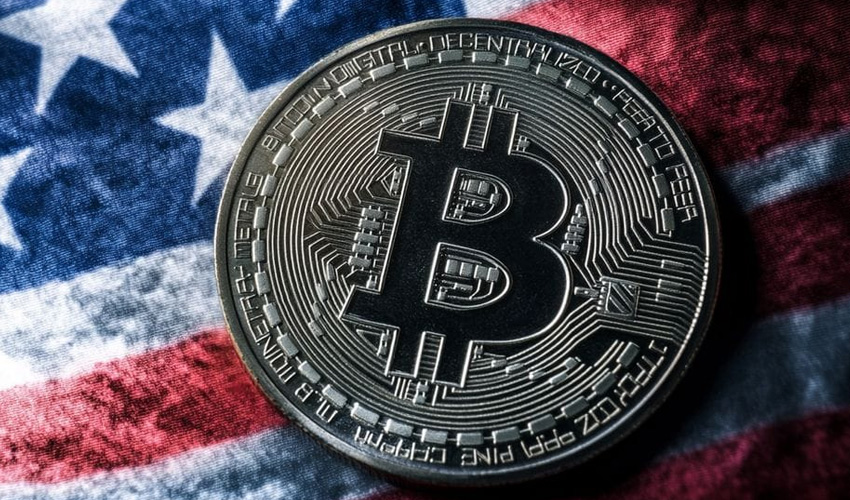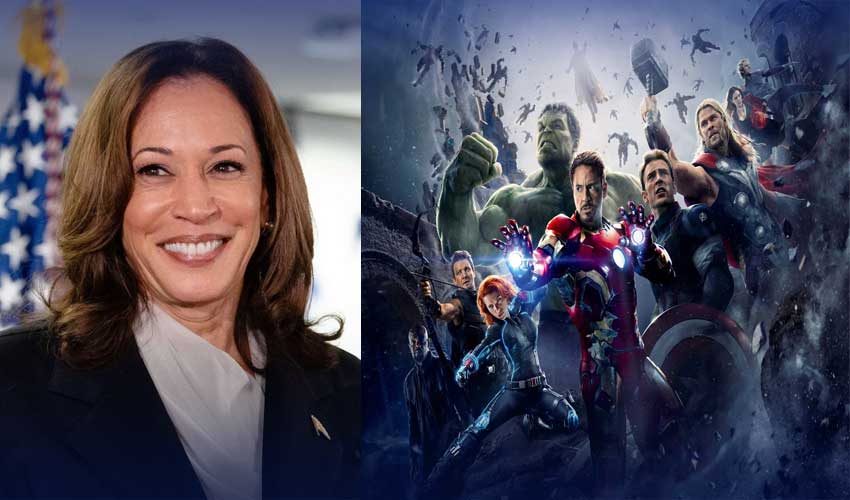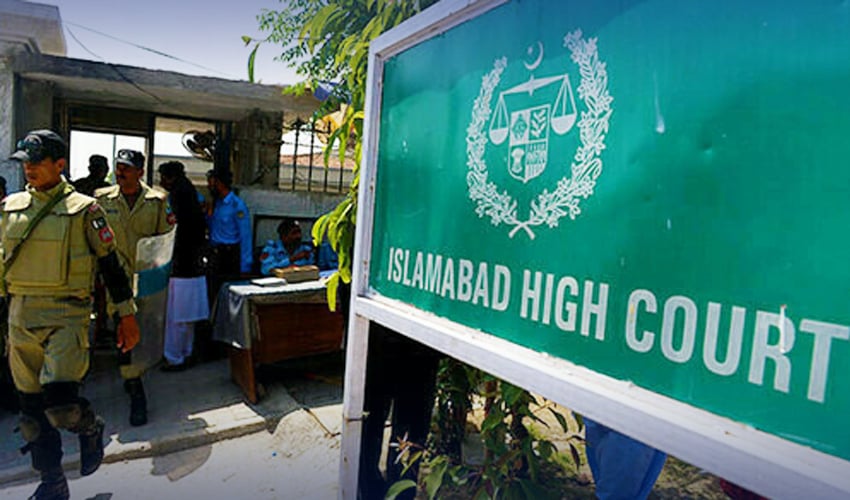In a major blow to Pakistan Tehreek-e-Insaf (PTI), the Supreme Court has revoked its iconic cricket bat symbol and overturned the Peshawar High Court's verdict that reinstated it.
The apex court's ruling stems from allegations of irregularities in PTI's internal elections held last year. While the Peshawar High Court had dismissed these allegations and restored the bat symbol, the Supreme Court has deemed the elections "unconstitutional" and invalidated the symbol.
Chief Justice Qazi Faiz Isa, while delivering the verdict, announced that the detailed decision would be uploaded on the official website. He mentioned that the Election Commission of Pakistan (ECP) had received numerous complaints regarding PTI's intra-party elections.
In a decisive verdict, the Supreme Court stated that PTI was directed by the Commission to conduct intra-party elections in 2021, which the party failed to fulfill.
Due to the inadequate conduct of intra-party elections, the ECP revoked the bat symbol from PTI. The Election Commission, in its ruling, asserted that PTI did not successfully execute free and fair elections.
The Supreme Court has pointed out that the Peshawar High Court instructed PTI to conclude intra-party elections by December 22, although the party had its election symbol withdrawn. The single judge at Lahore High Court issued a decision on January 3.
The judgment highlighted that PTI, when filing the petition in Peshawar High Court, failed to disclose the existence of a similar petition pending before a five-member bench in Lahore High Court. The PTI accused the electoral watchdog of discrimination, but during the court inquiry, it was revealed that the Election Commission had revoked the election symbols of 13 parties, asserting that PTI had not conducted elections. The High Court dismissed the application of 14 PTI members, stating they were not members.
The verdict emphasized that Pakistan's foundation lies in democracy, rejecting the notion of dictatorship in the country. It remained unproven that PTI had conducted intra-party elections, an essential requirement for political parties in Pakistan. PTI failed to inform the Election Commission about the locations of its intra-party elections. The Peshawar High Court's objection to Section 215 of the Election Act was deemed a violation in the context of the petition before them.
~ Read complete verdict ~
An announcement regarding the verdict is expected within the next hour, as conveyed by the court staff.
Earlier, during the proceedings, he remarked that had PTI not heeded the lawyers, they might have suspended the Peshawar High Court's decision from the previous day.
A three-member bench, presided over by Chief Justice of Pakistan Qazi Faiz Isa, oversaw the hearing, with Justice Muhammad Ali Mazhar and Justice Musrat Hilali also part of the bench.
At the outset of the hearing, PTI's lawyer Hamid Khan mentioned that Ali Zafar was the attorney in the main case and would present arguments in this instance.
In response, Chief Justice Qazi Faiz Isa stated that they have no objections to whoever wishes to present arguments.
Chief Justice Qazi Faiz Isa inquired from lawyer Hamid Khan whether he had reviewed the Peshawar High Court's decision.
In response, Hamid Khan affirmed that he had indeed examined the Peshawar High Court's decision. He further stated that Ali Zafar would present arguments first, and he would subsequently address the constitutional aspects of the case.
Justice Muhammad Ali Mazhar raised two pivotal questions concerning jurisdiction and the Election Commission's authority to investigate intra-party elections.
Lawyer Ali Zafar expressed his willingness to assist the court, emphasizing the urgency due to the impending deadline for issuing election symbols and final lists.
Acknowledging the time constraints, Chief Justice Isa highlighted the court's responsibility to carefully draft a decision that is not burdensome on the lawyers. He emphasized the need for adequate time to formulate a comprehensive judgment.
A senior Supreme Court judge remarked that if the Pakistan Tehreek-e-Insaf (PTI) wanted a level playing field, it should offer it within the party as well, adding that if it had conducted its intra-party election according to its constitution, the poll would have been the most transparent in Pakistan.
These remarks were expressed by Justice Muhammad Ali Mazhar, as the Supreme Court has resumed hearing the election commission's appeal against the Peshawar High Court's decision to allow the Pakistan Tehreek-e-Insaf (PTI) to use the 'bat' symbol.
The Supreme Court had on Friday postponed the hearing on the 'bat' symbol case of the PTI till Saturday. CJP Isa had emphasised that the election commission is a constitutional institution, and no entity should interfere in its functions.
At the outset of the hearing, PTI lawyer Barrister Ali Zafar told the court that Saturday was the last day to submit party tickets to the returning officer concerned. He further said that neither the Constitution nor the Elections Act 2017 authorized the scrutiny of intra-party elections or allowed any party to lose its electoral symbol.
The ECP could not withdraw the election symbol on the allegation of irregularities, Ali Zafar maintained, adding that every political party has the right to contest elections on a single symbol. He further said that depriving a party of an election symbol is a denial of fundamental rights.
The counsel stated that the election commission was not a court of law, adding that if a wrong decision has been given, it can be judicially reviewed. He further accused the election commission of discrimination.
“The Election Commission of Pakistan hold a fair trial nor did it take place. No PTI member challenged the intra-party election,” Ali Zafar added.
The PTI is a private association of citizens, the lawyer remarked, adding that the ECP did not have the auo motu authority to decide on its own and hear appeals also.
He stressed that the intra-party elections were conducted as per the constitution of the party, adding that 14 petitions were filed against the election with the election commission. However, the party’s stance was that the petitioner was not a party member.
He claimed that the ECP order withdrawing the party symbol admitted that intra-party elections were held, but did not mention any irregularity in its decision.
The CJP questioned whether there was democracy within the party or not. Election transparency is rarely recognized in Pakistan, he added.
Justice Mazhar remarked that the Election Commission of Pakistan did not take suo motu, but 15 complaints were filed with it. “If you talk about level playing field, then it should be practised in your party also,” he added.
He also said that the PTI had made its constitution so strict that questions were being raised over it. “If you had conducted the election according to your constitution, it would have been the most transparent election of Pakistan,” Justice Mazhar remarked.
Previously, the PPP was deprived of its election symbol of the sword after which the PPP Parliamentarians was formed, said Ali Zafar.
CJP Isa remarked that the PML-N had also seen a similar time, but it was to be seen who was in the government at that time. “The PTI’s opponents are not in government today,” he said, adding the word ‘establishment’ was used, while the real name was the army.
“We know from history how political parties have been affected,” the CJP stated, and asked the counsel to show at least something that proves the intra-party poll was held.
CJP Isa said the PTI founder was currently in jail, adding that in such a situation, the importance of party elections increased.
“If, when he’s released, he says he doesn’t know who these people are,” the top judge said.
Justice Mazhar said the main point was the authority of the election commission, adding that if that was not there then the rest will cease to exist itself.
Friday's proceedings
At the start of the hearing, the Chief Justice asked if the detailed verdict from the Peshawar High Court had been released, to which PTI's lawyer Hamid Khan responded that it had not.
The lawyer for the ECP, Makhdoom Ali Khan, presented and explained the Peshawar High Court's decision to return the bat symbol to the Supreme Court.
Hamid Khan requested time until Monday to prepare, but the Chief Justice suggested working through the weekend to avoid further delays. Justice Qazi Faez Isa expressed the urgency of holding elections on time and in accordance with the law.
The Chief Justice admitted to not having read the case file and asked Hamid Khan about his readiness for the case. Makhdoom Ali Khan highlighted that electoral symbols needed to be allotted to candidates the next day, while Hamid Khan requested time until the following day to prepare. He also questioned the Election Commission's right to file an appeal, stating that it is a partial judicial forum without the authority to sue.
Justice Qazi Faez Isa pointed out that the ECP is a constitutional institution, and if objections are raised on its appeal's admissibility, similar questions may arise regarding PTI's approach to the Peshawar High Court.
The lawyer of the ECP clarified that PTI's failure to hold party elections as per its constitution led to the issuance of a notice by the Election Commission, emphasising the need for adherence to the party constitution.
SC verdict adds new chapter to controversy, reacts PTI's Barrister Gohar
Pakistan Tehreek-e-Insaf (PTI) leader Gohar Ali Khan voiced deep concerns over the recent decision of the apex court regarding the long-standing bat symbol saga. The chairman expressed his reservations stating that the verdict has added another chapter to the controversy surrounding decisions made by the country's highest court.
Addressing the media, Barrister Gohar Ali Khan highlighted the significant impact of the Supreme Court's decision on the political landscape, particularly as it pertains to the upcoming elections.
Akbar S. Babar hails Supreme Court verdict as historic for democracy
Reacting to the Supreme Court’s verdict on Pakistan Tehreek-e-Insaf's (PTI) intra-party elections, founder member of the party Akbar S. Babar expressed his thoughts to the media outside the Supreme Court, welcoming what he called a historic decision made today.
"Today, the Supreme Court has given a verdict that will set a new direction for Pakistan's democracy," Babar declared to a throng of gathered media, his voice brimming with emotion. "This is a day we have fought for, a day where the principles of fairness and transparency have triumphed."
For Babar, the court's verdict wasn't just about his own personal grievance. He saw it as a watershed moment for Pakistan's political landscape. "When the detailed decision comes," he stated, "it will have far-reaching implications, not just for PTI, but for all political parties in this country. It will set a precedent for free and fair intra-party elections, strengthening the very foundation of our democracy."
PTI candidates opt for independent symbols, withdraw PTI-N tickets
The Pakistan Tehreek-e-Insaf (PTI) has made a significant shift in its approach ahead of the general elections scheduled for February 8 across the country.
The party has chosen to return the tickets of candidates associated with PTI-Nazriati (PTI-N) and requested returning officers to assign symbols of independent candidates. The Returning Officers, in compliance with the Supreme Court's decision, approved the applications of PTI candidates and allocated various symbols.
Election symbol allotment deadline extended again for 2024 elections
The deadline for the allotment of election symbols to candidates for the upcoming general elections in 2024 has been extended once again. Initially set until 7 pm, the Election Commission initially declared no further extensions; however, it later extended the deadline to 9 pm. Now, the deadline has been further pushed to 11:00 pm.
In parallel, the electoral watchdog issued directives to returning officers, emphasizing that symbols of different parties should not be assigned to candidates from a single party. This directive came in response to revelations about the Pakistan Tehreek-e-Insaf's (PTI) Plan B.
The ECP spokesperson mentioned that the extension of time is in consideration of the Supreme Court’s decision.







